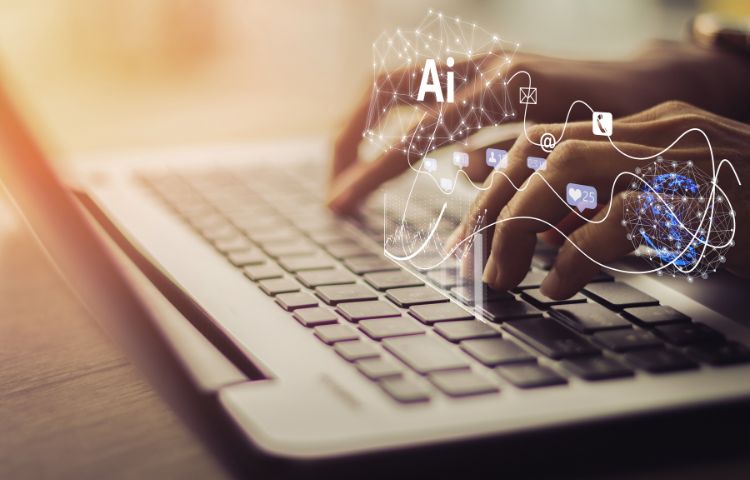

Big Data and AI is transforming how HR professionals evaluate and manage human resources. By leveraging robust data analytics solutions, HR departments can identify core organizational issues, such as recruitment, employee turnover, and employee engagement. With AI-powered solutions, HR departments can uncover insights that would otherwise go unseen, quickly address emergent issues within the workforce, and make more informed decisions about optimizing workflows for maximum efficiency. Consequently, HR departments can expect increased productivity that drives organizational success. Let’s explore four core functions within HR departments and how big data and AI can help create efficiencies and results.
Recruitment and Hiring
HR departments use big data and AI to streamline recruitment and hiring processes. AI-based systems can automate tedious tasks such as sorting resumes, conducting initial phone interviews, and scheduling further ones. Additionally, AI can enable recruitment teams to quickly uncover hidden skills and better understand job seekers while hunting for qualified candidates. Moreover, AI-driven tools can identify valuable information within unstructured data sets such as CVs, reviews, and interview feedback that recruiters may otherwise not consider during their hiring decisions. These insights give organizations an edge over their competitors in finding the right candidate faster. Other applications in recruitment and hiring include:
Employee Engagement and Retention
By using big data and AI to improve employee engagement and retention, which are key focus areas for companies, HR departments can create a more positive work environment, reduce turnover, and improve productivity. AI can also help organizations save money on recruitment and training costs. For instance, companies can use sentiment analysis to analyze employee feedback and identify workplace improvement areas. Additionally, predictive analytics can be utilized to identify employees at risk of leaving the organization. As a result, HR can take proactive measures to retain them.
Performance Management
HR departments can create a more efficient and effective feedback loop between employees and managers with the help of AI. This can help employees improve their skills and performance, leading to higher levels of job satisfaction and productivity. Data tools and analytics can capture employee activity, measure employee performance, and identify areas of improvement. Rather than waiting for the midyear or annual period to assess performance, the analysis is continuous and real-time. Access to such data helps employees and managers make more informed and objective decisions for promotions, raises, or resource management.
Learning and Development
AI-driven learning and development is quickly becoming a key factor in workplace success. HR departments are using big data and AI to personalize their learning and development programs and create a more efficient and effective training process. Data analytics is used to identify skills gaps and tailor training programs to employees’ needs. This can help employees develop their skills and knowledge more quickly, which fosters efficacy and increases productivity. Companies that use internal AI-powered chatbots allow employees to access information to provide real-time learning support to employees. Because such chatbots must be trained by the company’s data, tools, and assets, they can provide a wealth of assistance and information at an employee’s fingertips.
When it comes to personalized learning, companies across the globe are now leveraging AI to create more focused and engaging learning experiences for employees. AI also has the potential to create customized learning journeys for each employee based on their specific needs and interests. Such an approach can help improve knowledge retention while providing tailored development paths that nurture individual strengths and weaknesses. A more knowledgeable, confident, engaged, and productive workforce leads to increased business value.
If you want to learn more about any of the AI use cases above or explore how AI technology can improve or automate your HR processes, don’t hesitate to get in touch with us at info@enamix.com.